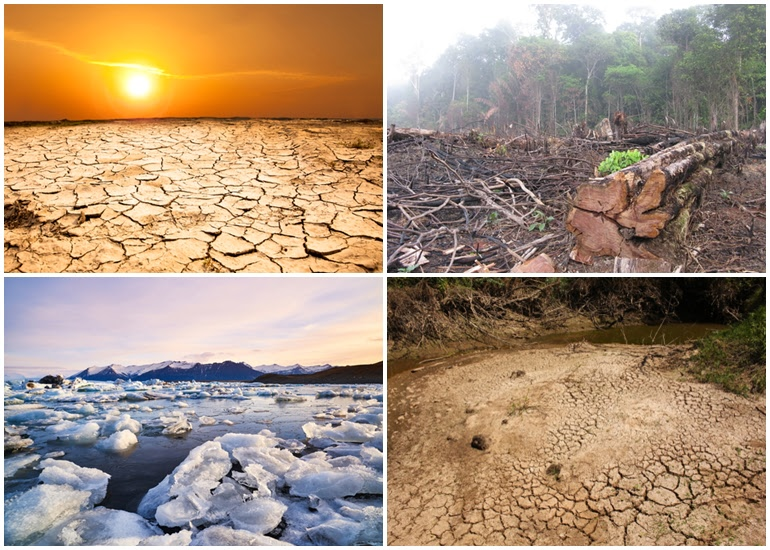
Towards a safer and more stable world
By: Roberto Morejón
The year 2024 was marked by high temperatures, unusual floods, devastating hurricanes and more victims and casualties of climate change.
What at first glance appears to be suffering in several countries and regions is confirmed by scientists with their usual rigor.
This is underlined in a report by World Weather Attribution and Climate Central, entities specialized in the performance of climate change.
One of the most striking revelations is that the world has endured an average of 41 additional days of dangerous heat this year compared to the average of recent years.
More than a few people are talking about this period being the hottest ever recorded.
Saudi Arabia experienced more than 70 days of high temperatures, and equatorial areas saw more than 130 days.
Rising temperatures inflamed Mexico and Central America and endangered already vulnerable children in West Africa.
This region of the so-called Dark Continent also made headlines for another phenomenon.
Floods in Sudan, Nigeria, Niger, Cameroon, and Chad were listed as the deadliest of all the disasters studied by the group, killing at least 2,000 people, according to the agencies.
The experts broadly agree on the warning of more pronounced natural disasters to come and, to avoid them, they recommend a faster transition to clean energies.
In other words, to mitigate heat waves, droughts, forest fires, voracious hurricanes and devastating floods, the burning of fossil fuels and the use of gas and coal must be cut back.
Even more so when the scientists in charge of the aforementioned conclusions are precise in pointing out that climate change increased 26 of the 29 meteorological phenomena studied, which killed at least 3,700 people and displaced millions.
In the face of analyses such as the above, and as we say goodbye to 2024, the images of the devastating storms in the Caribbean and the United States and of the DANA in Valencia, Spain, come to mind.
Scientists must be heeded, as they warn that global warming threatens to provoke irreversible changes in ecosystems.
Moreover, the countries of the global South are among the hardest hit when the thermometer reverberates, hence the increase in their hardships.

